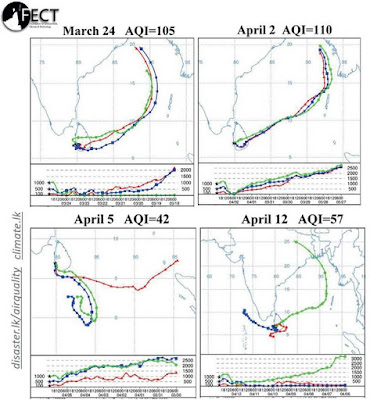Is China gaining dominance over Asian region?
By G. A. D. SIRIMAL
A report from Delhi, India, says that Kenya could lose its Mombasa Port to China along the lines of Hambantota Port in Sri Lanka and the International airport in Zambia. Kenya has obtained a loan of US$ 2.2.billion for construction of a railway track from Mombasa to Nairobi and failed to pay it back. It is also reported that Zambia has surrendered its national airport to China as it has failed to pay back a loan. This should open the eyes of the developing countries, especially those in the South Eastern Asian region, which intend to obtain loans from China, whose hidden agenda maybe to gain dominance in the Asian region on the pretext of helping these countries to develop.
Unlike other international lending agencies such as the International Monetary Fund [IMF] World Bank [WB] Asian Development Bank [ADB] and Japan International Cooperation Agency [JICA] , China does not look into the financial viability and whether the country could repay the loan. This is to their advantage as when a country fails to pay back the loan, invariably the project is sold or allowed to operate as a BOO [Build Operate and Own] project. This is exactly what has happened to Kenya, where it has to lose the Mombasa Port, and Zambia its airport, the Mattala Airport, the stadium at Suriyawewa, the Hambantota Port and the precious six acre land at Galle Face - former headquarters of the Sri Lanka Army in Sri Lanka, and an island in the Maldives, as reported.
The other advantage for China is when a project is undertaken on the loan granted by them, they employ their own men from the top to bottom and use their own materials and machinery, thus providing employment to their own men by paying themselves from the loan granted. Of course, they could be excused for employing their own labour as they are highly disciplined and devoted whereas their Sri Lankan counterparts idle or make various demands.
There is more to such funding in its execution. Here is my experience in service at the Ministry of Power and Energy as for a loan drawn to construct the Coal Power Project at Norochcholai. The total cost of the project was around USD 1,500 million, inclusive of local funding as well.
Sri Lanka government was facing a severe energy crisis, mainly due to lack of political will and frivolous objections. The usual practice of calling for worldwide tenders was not possible as the process of calling tenders, evaluation, etc., takes a few years. At this juncture, China offered the loan and also to undertake the construction of the project, inclusive of the plant. The drama starts from here. China used its labour and machinery, thus providing employment for its own men from labourers to engineers and consultants. The machinery required, from concrete mixers, cranes etc were brought from China, thus providing funds for their manufacturing industry. No expenditure was incurred on local labour and materials. Thus, the entire loan, plus the local financial contribution went back to China. What of the quality of work? The first plant of 300 Mw was said to be refurbished and gave us enough trouble. The Chinese, I believe, kept technical knowhow under wraps and our engineers found it difficult as the manuals were in Chinese. When the plant was constantly giving trouble, the Chinese offered to run the plant. Fortunately, the then Minister for Power and Energy, Patali Champika Ranawaka, on the advice of CEB engineers, did not agree. Otherwise, we would have been at their mercy.
If worldwide tenders had been called we would have had a modern plant, perhaps from Japan, who would have engaged only top engineers and consultants and employed local labour and material, and on-the job training of local staff to run the plant efficiently.
It is hoped that future deals with China, or with any other country, should be handled with utmost care. Unfortunately, this procedure is not followed as politicians. The award of a tender for Kerawalapitiya LNG project to a Chinese Company, depriving the lowest tenderer Lankdanavi, a local agent of a well-recognised German Power Company, is a case in point. Fortunately, the local agent has sought legal action on this shady deal and is awaiting judgment. Consider the advantage of awarding this tender to the local agent Lakdanavi. It is the lowest offer. If given to China CEB will stand to lose 90 million as claimed by CEB. Our local labour will be engaged and local material. The local staff will get an ‘On the Job’ training to manage the plant. The plant will be built to the international standards.
Has the Minister for Power and Energy or the Secretary to the Ministry considered these advantages when awarding the tender to China?



Comments
Post a Comment